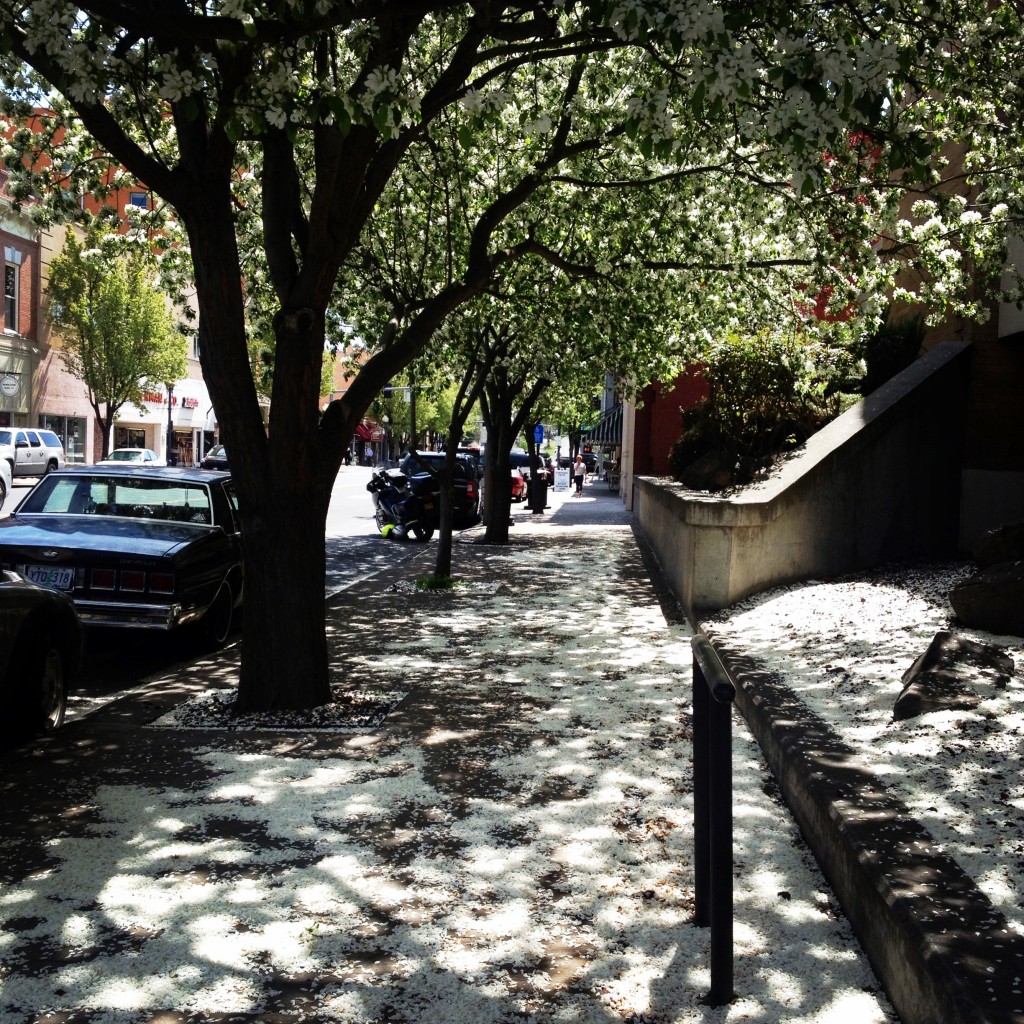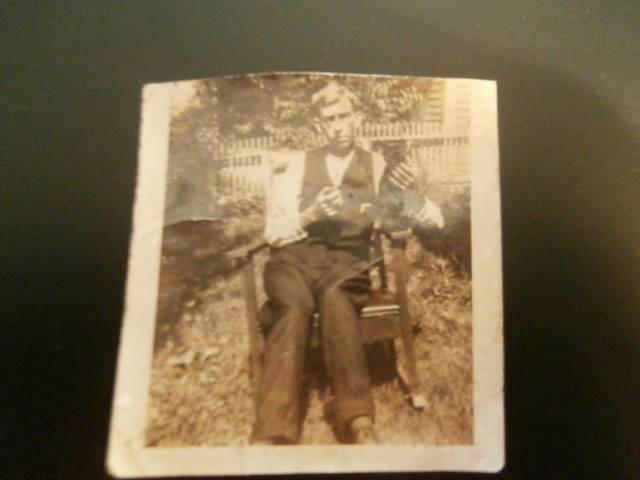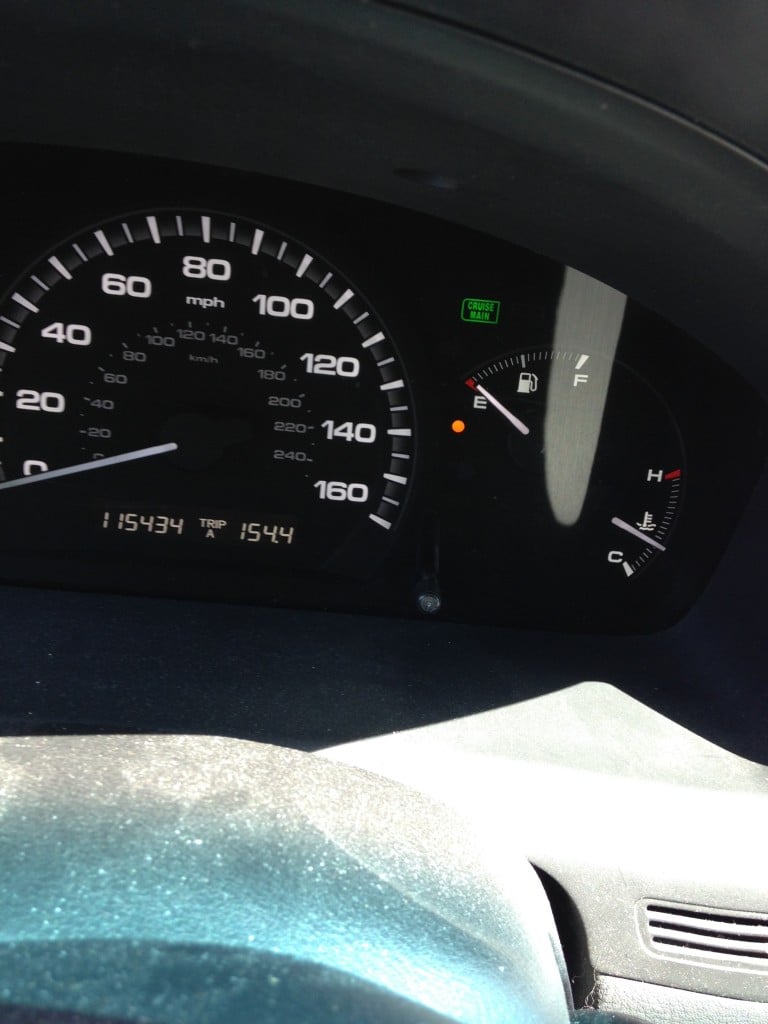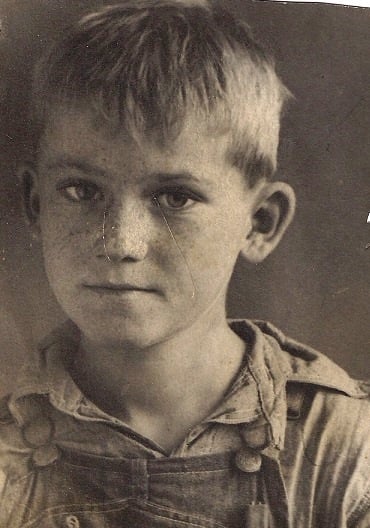A prayer of David
If I rise on the wings of the dawn, if I settle on the far side of the sea, even there your hand will guide me, your right hand will hold me fast. If I say, “Surely the darkness will hide me and the light become night around me,” even the darkness will not be dark to you; the night will shine like the day, for darkness is as light to you.
My phone rings nearly every weekday morning at 7:30 a.m.. Usually, it is daughter Konnie calling to chat as she heads off to her job at that college sitting slanchwise on one of Bend, Oregon’s majestic bluffs.
I like getting Konnie’s calls. She’s a cheery girl, full of stories that make me laugh, and help me start the day off right. But when the call came early the other morning, I was reluctant to answer it.
I’d been up late the night before. Or early, really, working until nearly 4 a.m. Some nights are like that. Despite how tired I may be, I simply cannot sleep. So I was pretty groggy when the phone chirped at me like a bird annoyed. I grabbed the phone. I was going to just tell Konnie that I was tired and I’d talk to her later. I needed more sleep.
Only it wasn’t Konnie.
It was some man. Called himself Reverend such-and-such. Said he was from Illinois.
Oh, mercy, I thought. Who calls to inquire about my speaking schedule at such an hour? I could think of no other reason for a man of the cloth to be calling me other than to inquire as to when I might be available to speak at some church event. I was about to suggest he contact my agency when he said those words: I was on the plane that carried your father’s body bag.
It was Tom Bellegante’s birthday that day. July 24, 1966. He’d turned 20, I think, but don’t hold me to it. At 34, my father was the old guy. That’s how all the men who were there that day refer to Dad, as the old timer. “When you are so young and you meet somebody like your father, an old timer, the world seems okay. There’s a calmness or steadiness about men like your dad. You begin to think everything is going to be okay.”
Until the old timer dies and then all bets are off.
Bellegante, who was in the Air Force, not the Army, didn’t actually know my father. He just happened to be on the plane tasked with picking my father’s body up and getting it out of the field.
He remembers a tall, lanky kid who was my father’s escort. Yes. They give the dead an escort. Bellegante thinks the kid was from North Carolina, although he can’t say why exactly he remembers that. Maybe the kid was actually from Minnesota. Who knows for sure? The mind is an untrustworthy accomplice. Anyway, this kid, he seemed unsettled. Not quite nervous but like he wished he could be doing anything else but joining my dad on his last journey.
Bellegante wanted me to know something. That’s why he had called. He needed to tell me this one thing about that flight: “I didn’t know your dad but honoring a fallen soldier was important to me, even then. The cost of freedom is a terrible thing. Whenever I’ve had the chance to talk to the family of the fallen, I consider it the highest privilege.”
The realist in me wanted to point out that the men and women who died in Vietnam did not die for freedom’s sake. Robert McNamara cleared that matter up for me decades ago. But it’s the way we speak of war, even the most wrong-headed of wars in this country. I understood what Mr. Bellegante meant.
I, too, have found ways to reconcile myself to the American War in Vietnam. No matter what the causes of the war, most of the men and women who died there, who served there, have earned the respect and honor due them. We owe them our gratitude. Lord knows they, and their families, have faced a goodly share of criticisms and ugliness from an historically ungrateful nation at the time.
Phone calls from veterans like Mr. Bellegante don’t upset me. I don’t dread such calls, if I ever did. I spent a lifetime longing to hear stories like the one he shared with me. I desperately wanted to know the details of my father’s last days, last moments, last breath. I have read and re-read the telegrams detailing for my mother the shipment of my father’s body home. And I have been keenly aware of the many friends who never got their father’s body back from Vietnam. So many friends whose faces flash before me, even now as I type this.
So I welcomed the stories Mr. Bellegante related of that day, his birthday in-country. The day he and a young fellow from North Carolina, maybe, flew a body bag across the mountaintops of Vietnam’s Central Highlands.
He didn’t know I existed then. Knew nothing of the dead man’s widow and her three children. He only learned of that recently when he typed my father’s name into a search engine and came across several of the essays I have written over the years about my father. I always say that Vietnam made me a writer because it is true. Enforced silence has a way of helping a person find their inner voice.
He was nervous about calling me. Wasn’t sure if such a call would propel me into a familiar darkness. But being a pastor and all, he pays attention when he gets these little promptings. He doesn’t ignore them anymore.
“I call them God moments,” he said. “We want God to shout at us. He likes to whisper to us.”
Mr. Bellegante was one of the lucky ones. He came home from Vietnam in January 1967. He got married in August of that same year. August 26, 1967. My husband and I will celebrate our own wedding anniversary on August 26th. When I told him that, Mr. Bellegante held his breath for a moment. I chuckled. God does that to me sometimes. Reminds me in the most delightful of ways that he is the greatest of all poets, always skillfully narrating the details, the breathtaking moments.
Mr. Bellegante and his wife had a daughter born affected by Agent Orange. Handicapped. Incapable of sustaining life long. Her death rocks him still, like the kaboom of a yonder-bomb not nearly far enough away.
He got cancer himself. Kidney cancer. It killed him, he says. Right there in the hospital. He died and went directly into the presence of God. “The dying part, I don’t recommend. The being dead part? That was wonderful. Freeing beyond belief.”
He was disappointed to return to his old shell-shocked body, but when he awoke he did so with an all-consuming hunger for God. That’s how he came to be a spiritual adviser, a pastor, at the back-end of a young man’s life.
He tried not to talk much about himself. Only politely answered the questions I peppered him with. Questions more about him than about that day flying over Dragon Mountain. After all what is left to say about that?
I had already come to learn from others who were there that day that my father was frightened after being struck by that mortar round. Friendly fire, as it turns out. If the English language has a worse misnomer than friendly fire, I’m not aware of it.
We buried Mama next to Daddy last June. My parents are together now, in the land of the truly free.
These men and women who served alongside my father, and the ones who came afterwards, they have managed to do good with their lives. They love. They serve. They never forget. And every now and again, one of them rings me up to share their memories.
I always come away from those phone calls grateful for the faithfulness of God. He has never forgotten the young girl within who never tires of hearing the stories of her fallen father from the men who remember him best.
Even in life’s darkest shadows, there is grace.












